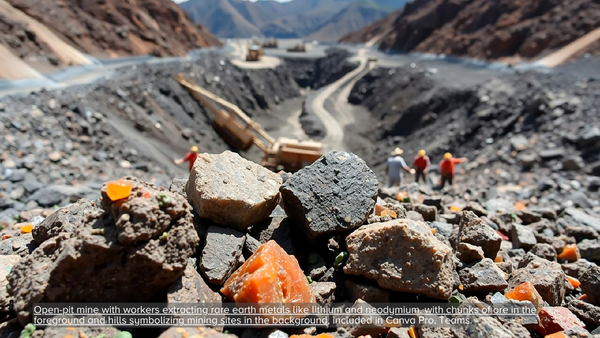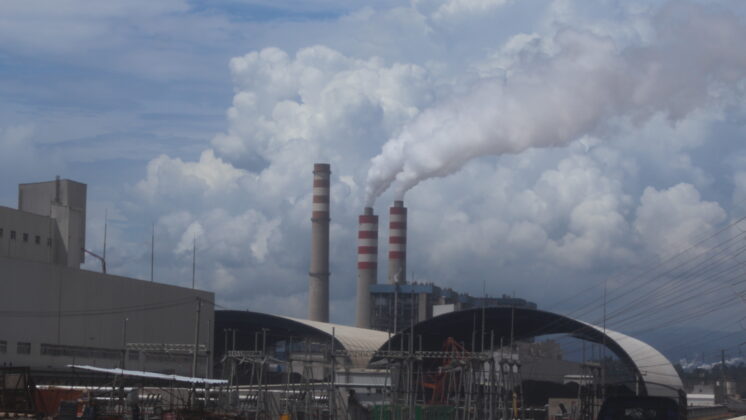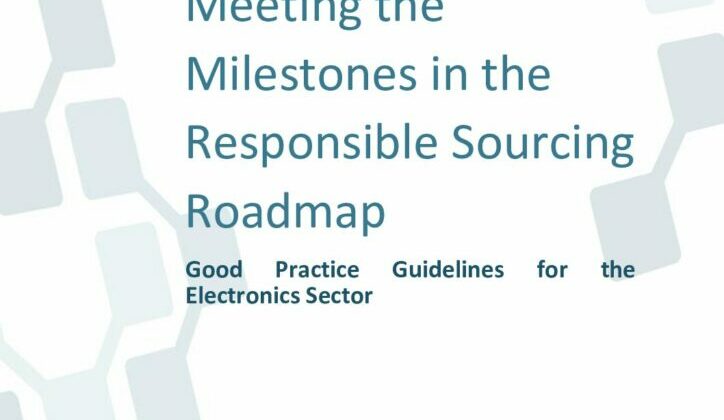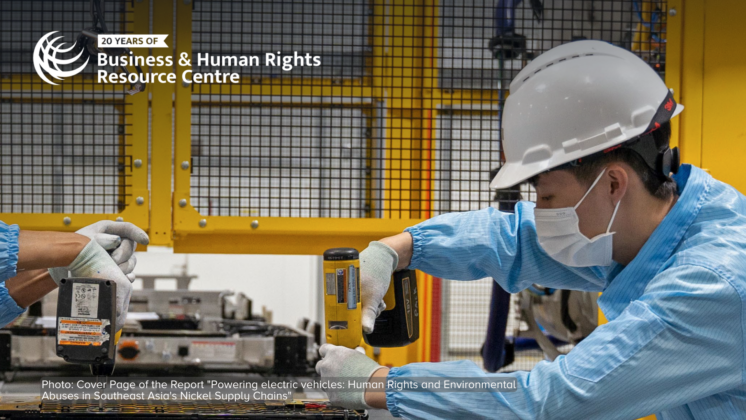How the electric vehicle boom is draining communities and the planet
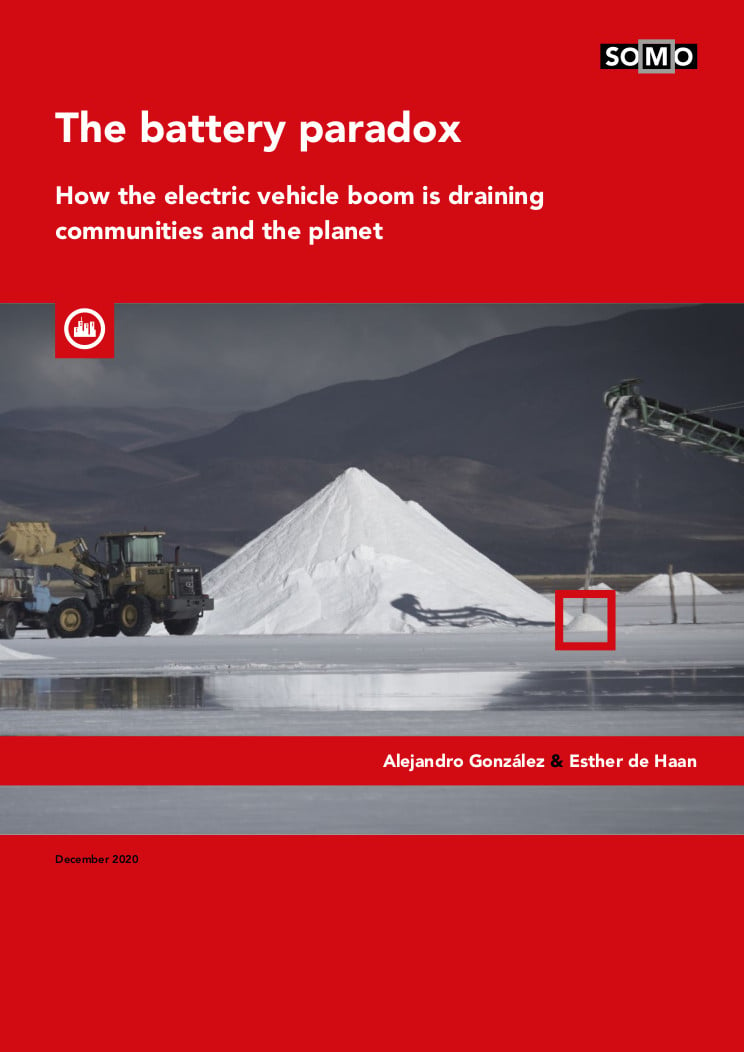
The transport sector accounted for roughly a quarter of global CO2 emissions in 2019, with over 70 per cent coming from road transport. It is clear that these emissions need to be curbed if the targets of the Paris Climate Agreement are to be reached and catastrophic climate change is to be avoided. But phasing out fossil fuel-powered cars in favour of electric vehicles may come at an unacceptably high social and environmental cost.
The unprecedented increase in demand for the raw materials needed to produce the batteries to propel these vehicles poses serious human rights and environmental risks and begs the question how sustainable and fair a mobility transition based on the mass uptake of electric vehicles really is. To answer this question, this report analyses the composition of the most common Li-ion batteries and reviews the whole battery value chain, from mining to production, and recycling. It looks at the composition of the batteries, the biggest players in the industry and the (expected) consequences on the ground.
Apart from critically assessing the current and future social and environmental impacts of the soaring demand for minerals needed to produce batteries for electric vehicles, the report also looks at alternative, less mineral-dependent strategies to reduce emissions in the transport sector.
Reposted from https://network.somo.nl/the-battery-paradox/




